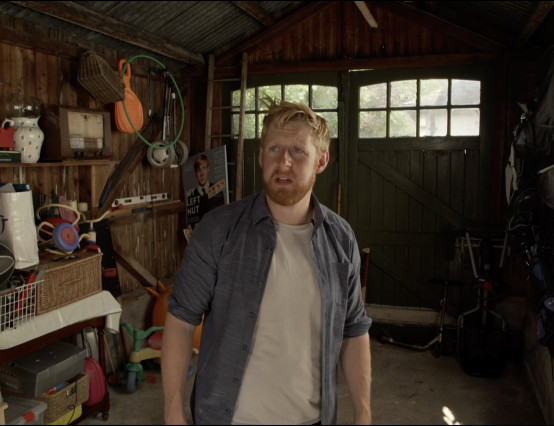The Police, Crime, Sentencing and Courts Bill has passed a second reading in Parliament by 359 votes to 263, after having been voted on by MPs.
The Labour Party has stated that it supports some elements of the proposed bill, but it's MPs voted against it on the basis of there being proposals to allow police leeway to curtail protests on grounds such as noise.
MPs for the Labour Party had originally planned to abstain from the vote, but the party changed its stance following a vigil held on Saturday 13 March 2021 for Sarah Everard, as policing of the event was widely criticised on social media.
A large number of Conservative MPs speaking in the House of Commons supported the bill’s proposals, though a number of the party’s members did express concerns about the suggested changes to protests.
Further criticism was levied against the bill due to a proposal to make defacing statues and monuments punishable by up to 10 years in prison. Several Labour MPs remarked that this offence could potentially carry a more severe punishment than sentences given for rape felonies.
With the bill now having passed a second reading, it will proceed to a committee and reports stage, where each clause and amendments to the bill can be debated. After this, a third reading will be held in the House of Commons, where the contents of the bill will again be debated and a vote will be held to approve the third reading.
If this vote passes, the proposed bill will then go to the House of Lords to follow a similar procedure, featuring several readings, debates and a committee and reports stage. After passing through both Houses, the proposed bill will then be considered for any final amendments in Parliament. If both Houses agree on the final wording of the bill, it can then receive Royal Assent and become an Act of Parliament.
To read the Police, Crime, Sentencing and Courts Bill in full, click here.
For a summary of the bill’s proposed amendments to protests, click here.









0 Comments